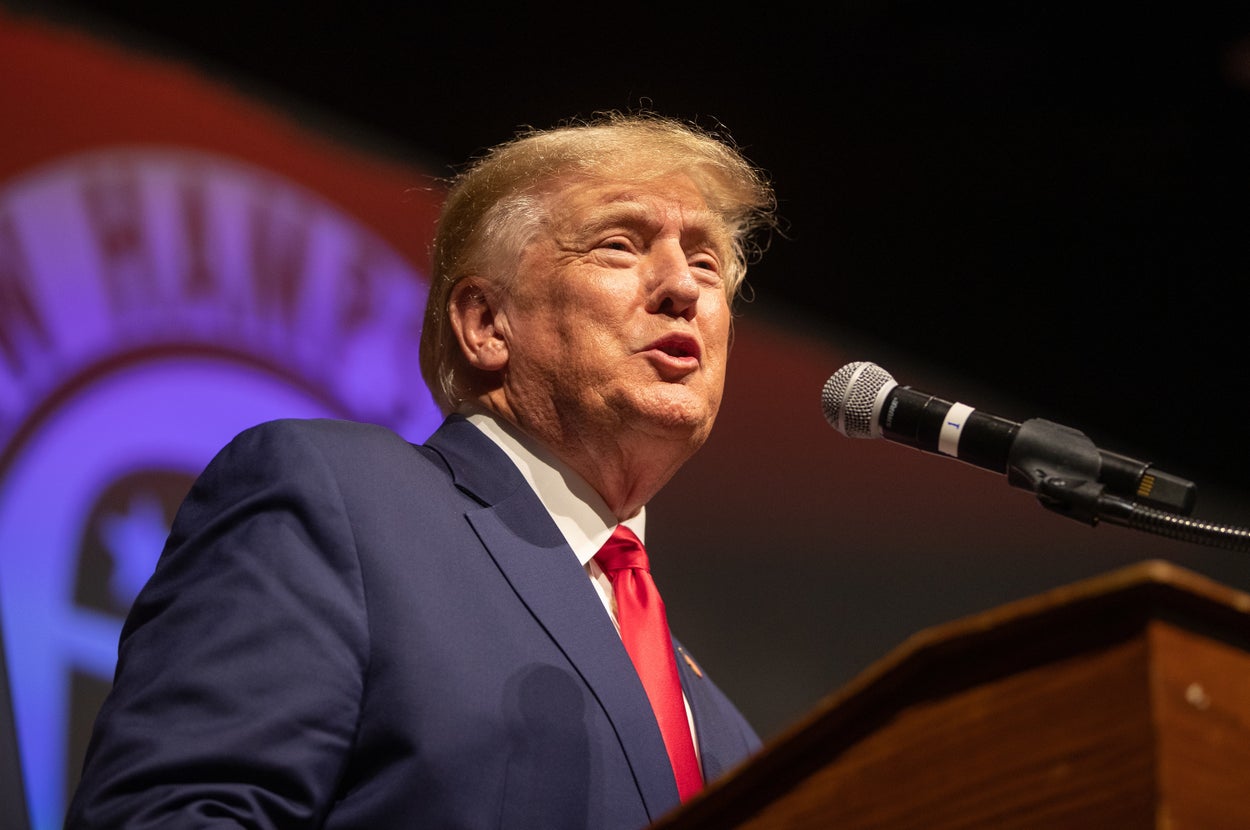In a significant development from Georgia, the special grand jury investigating former President Donald Trump’s attempts to overturn the 2020 presidential election results has indicated that one or more witnesses might have provided false testimony under oath. The brief report from the grand jury, made public on Thursday, suggests potential perjury by some witnesses and recommends pursuing charges where evidence substantiates such claims.
The report, stemming from a lengthier document prepared by the grand jury and excerpted for a public release, cryptically points out that a majority of the grand jury members suspect perjury may have tainted the truths laid out in their proceedings. Though specific individuals are not named in this part of the documentation, the released text includes necessary segments such as the introduction, conclusion, and the discussion focusing on the perjury issue.
Released by Fulton County Superior Court Judge Robert McBurney, the five-page report tersely states: “A majority of the grand jury believes that perjury may have been committed by one or more witnesses testifying before it.” It goes further to direct, “The grand jury recommends that the district attorney seek appropriate indictments for such crimes where the evidence is compelling.”
Initiated in February 2021, the investigation involves scrutinizing the events surrounding the former president and his allies’ efforts to sway the outcome of the 2020 elections in their favor. This was spurred strongly by widespread allegations propagated by Trump, claiming massive voter fraud, despite lacking evidence to support such statements. Over the course of seven months, the jury heard detailed testimonies from approximately 75 witnesses. Prominent among them were Mark Meadows, Trump’s former White House Chief of Staff, Rudy Giuliani, the former New York City Mayor, and David Shafer, Chair of the Georgia Republican Party.
One of the focal points of the grand jury’s examination was a contentious hour-long phone call in January 2021 between Trump and Brad Raffensperger, the Georgia Secretary of State, wherein Trump implored Raffensperger to “find” the nearly 12,000 votes he needed to claim victory in Georgia. During this call, Trump insisted, “All I want to do is this. I just want to find 11,780 votes, which is one more than we have. Because we won the state.” President Joe Biden, however, had secured Georgia by a margin of 11,779 votes.
Further assertions by the grand jury robustly negate any claims of widespread voter fraud, a key pillar upon which Trump’s allegations rested. “We find by a unanimous vote that no widespread fraud took place in the Georgia 2020 presidential election that could result in overturning that election,” the report delineates, drawing from “extensive testimony” from poll workers, investigators, and state employees who formed components of the elections apparatus in Georgia.
The investigators delved into other potential criminal actions and conspiracies aimed at subverting the election, including unfounded voter fraud claims, unauthorized breaches into voting systems, and documented instances of threats and harassment towards election personnel.
The impetus for indictments now lies with the prosecutors, following input from the special grand jury which, while having the authority to recommend charges, doesn’t wield the right to issue indictments directly. Fulton County District Attorney, Fani Willis, affirmed the heated anticipation surrounding the prosecutorial decisions, declaring the arrival of a charging decision as “imminent” during a recent court appearance in Atlanta.
In conclusion, the intricacies and revelations encompassed in this ongoing case remain under keen observation domestically and globally, as outcomes may influence broader legal parameters concerning election integrity and accountability for high-ranking officials. As the grand jury’s recommendations on specific criminal charges remain under wraps, the coming weeks are poised to be highly pivotal. Detailed scrutiny and legal battles are expected to ensue, potentially shaping the jurisprudential landscape regarding election-related disputes and charges of malfeasance.









